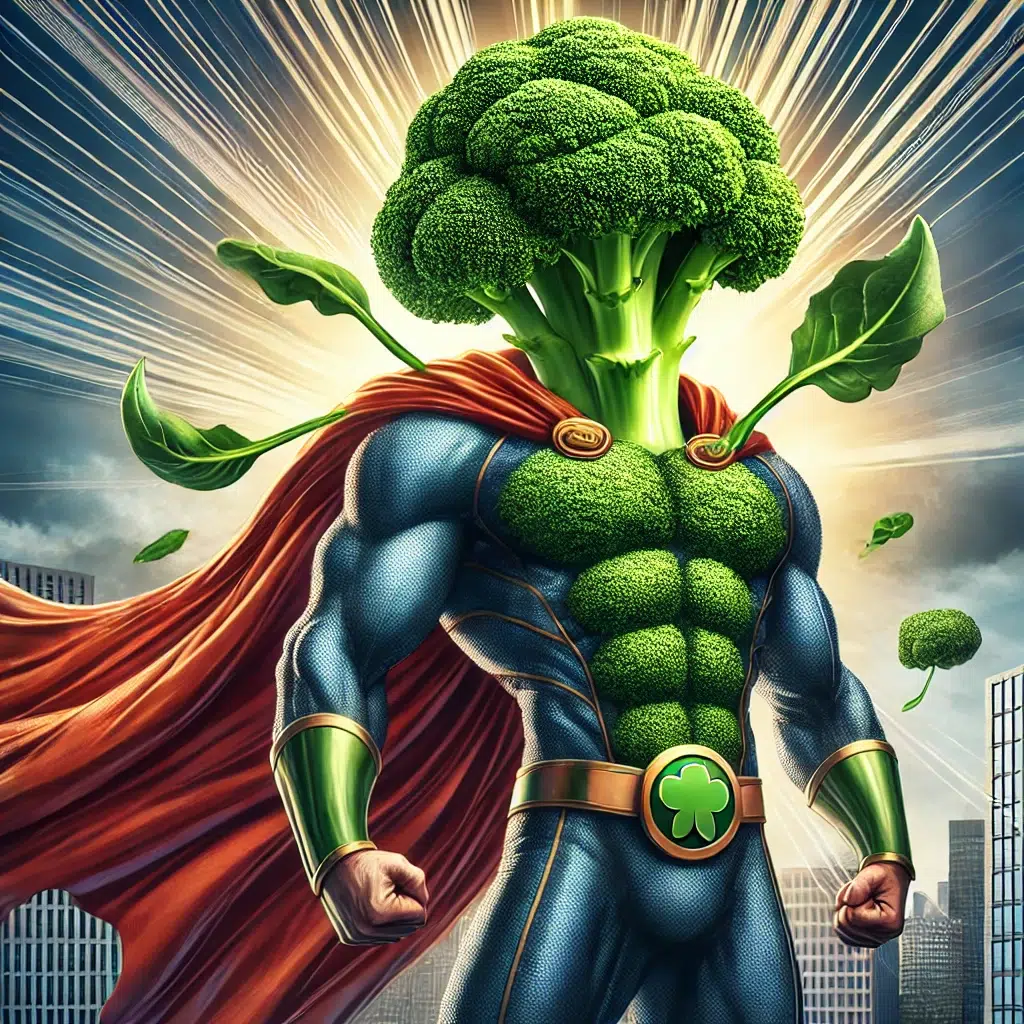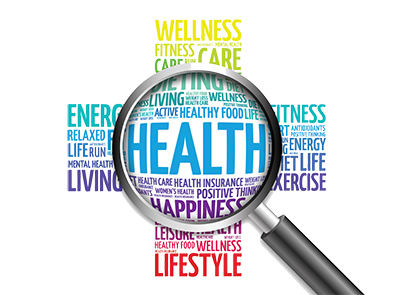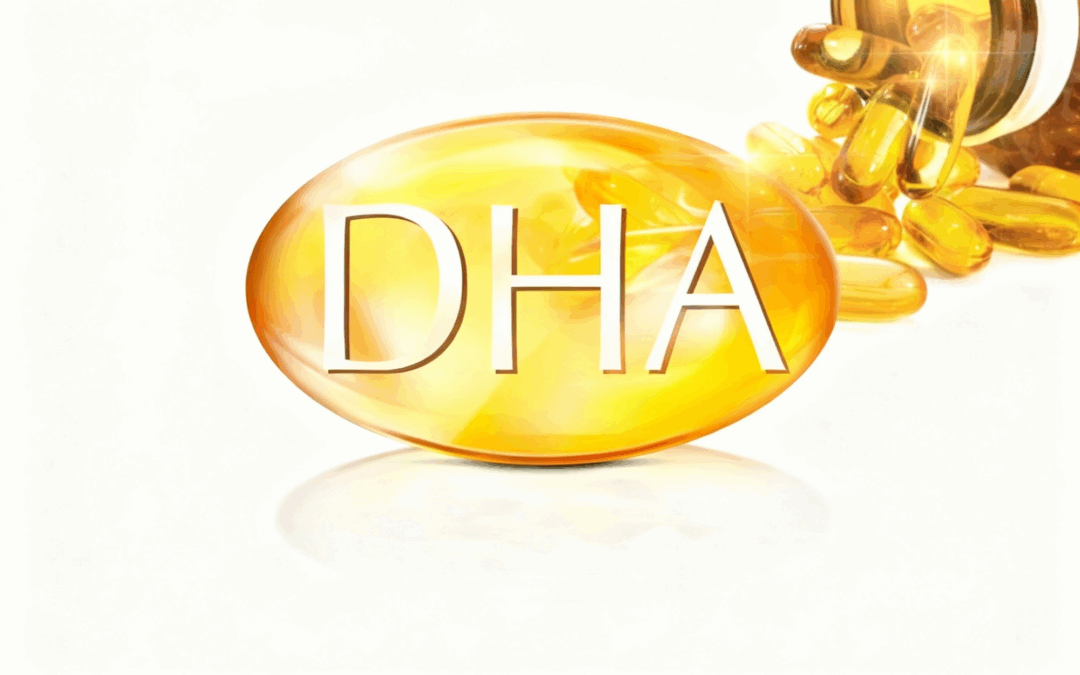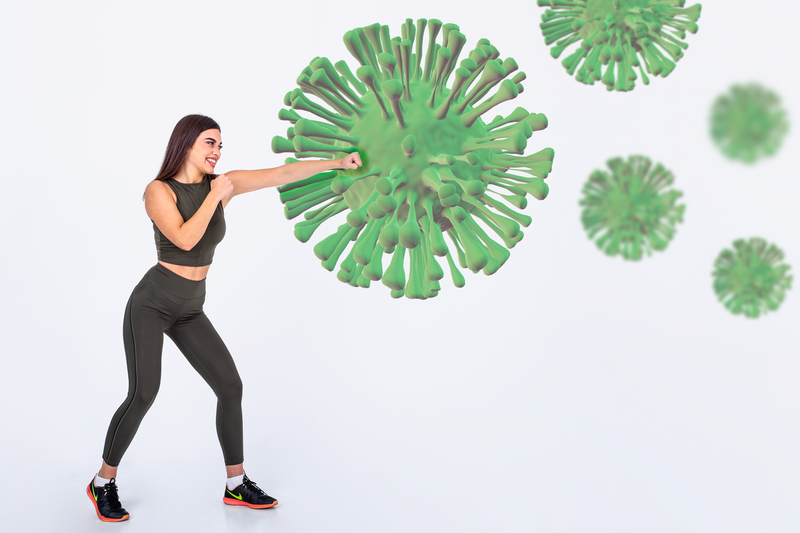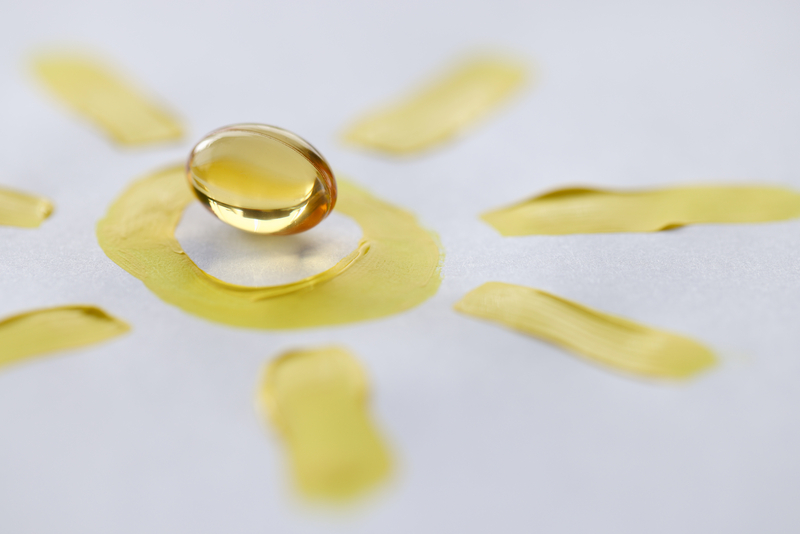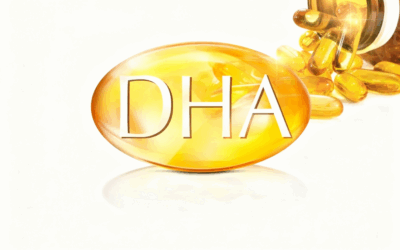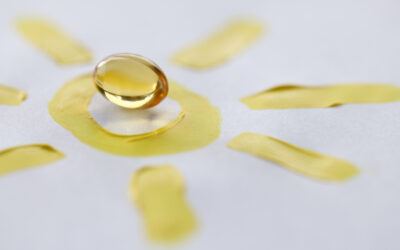The Cancer-Fighting Potential of Ordinary Broccoli: What This Recent Research Says
Broccoli has long been know as a health food or superfood, especially for its potential to lower cancer risk. A new review and meta-analysis has brought together a bunch of research on broccoli’s role in cancer prevention, providing a fresh look into how effective it might be.
The Key Takeaways:
Lower Cancer Risk Linked to Broccoli: The study analyzed data from multiple observational studies, including both case-control and cohort studies, with over 700,000 participants. Overall, people who ate more broccoli were found to have a lower risk of certain cancers compared to those who ate less. Let that sink in for a minute! You have to actually eat the damn broccoli to reap the benefits!
Specific Types of Cancer Affected: Higher broccoli consumption was particularly associated with reduced risks of lung, stomach, colorectal, and bladder cancers. The results were more varied for other cancers, suggesting broccoli may protect more against certain types than others. Sounds good so far!
Why Broccoli Works: Broccoli contains sulforaphane, a compound with strong anti-cancer properties. Sulforaphane helps the body combat harmful molecules and can even support the elimination of cancer-causing agents. It is more effective when broccoli is eaten raw, or lightly steamed since cooking can destroy some of these beneficial compounds. Though there were differences in the outcomes of the various studies the researchers looked at, this is likely due to differences in how broccoli was consumed, cooking methods, and genetic factors among participants. Still, the general trend pointed towards benefits.
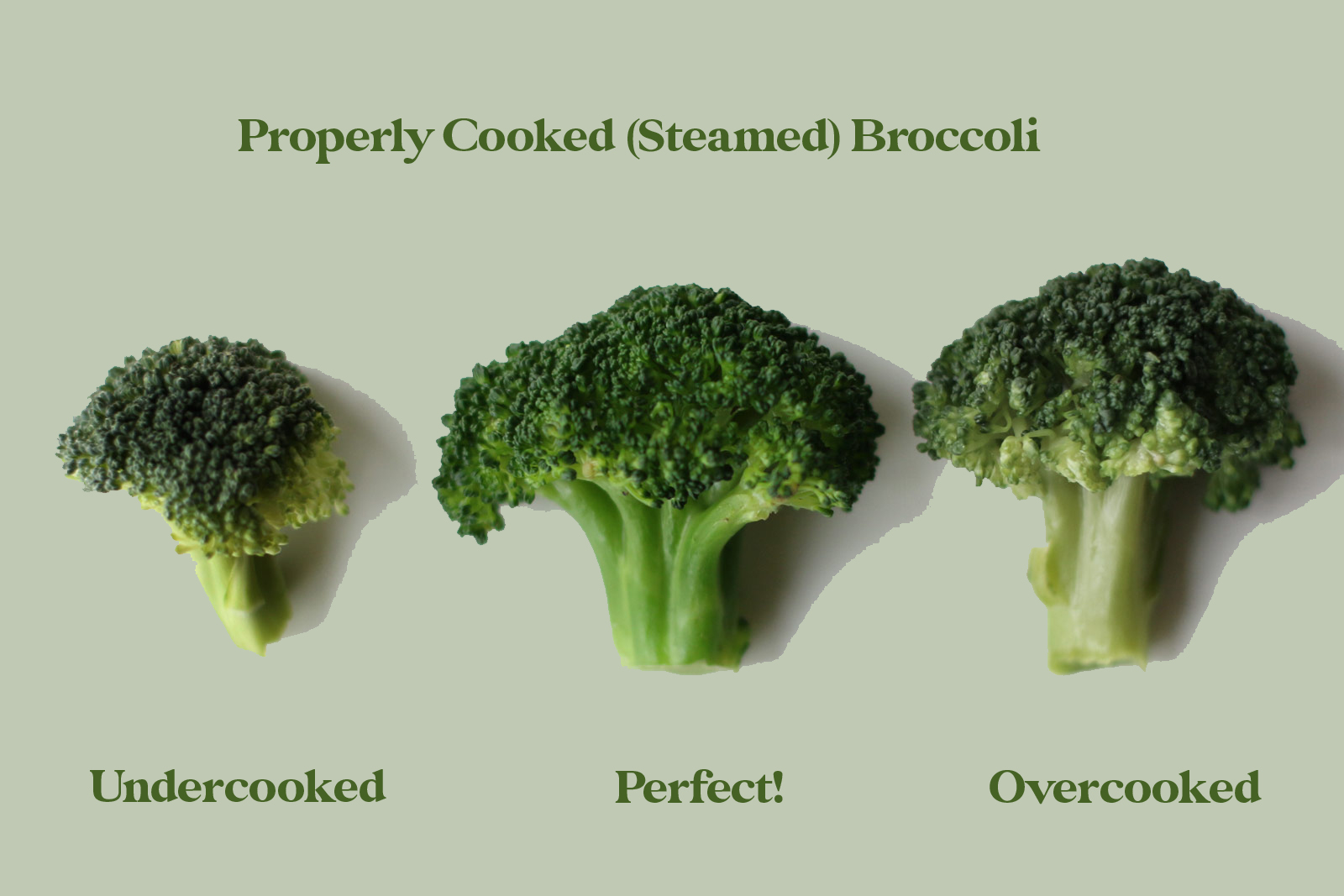
What This Could Mean For You!
Including broccoli in your diet could be a smart move for cancer prevention, especially if you enjoy it steamed or lightly cooked to retain the sulforaphane. Other cruciferous vegetables like cauliflower, cabbage, and bok choy also contain sulforaphane, so mix them up! It’s good to remember that broccoli sprouts contain significantly more sulforaphane than mature broccoli. Studies have shown that broccoli sprouts can have anywhere from 10 to 100 times more sulforaphane than mature broccoli. So, while you may not be eating cruciferous vegetables daily, it’s much more feasible to consume broccoli sprouts every day. You can find them at most organic supermarkets or order them online for self-sprouting. Add them to sandwiches, salads, or meals—anything! If that is still too difficult for day-to-day consumption, you can always take Moringa tablets, which offer similar benefits. Moringa contains a compound called moringin, which is similar to sulforaphane.
Broccoli sprouts can have anywhere from 10 to 100 times more sulforaphane than regular broccoli. Sprout Me Up, Before You Go-Go!
Wrapping it up
Broccoli’s cancer-fighting potential is promising but not definitive. More research, especially large-scale studies, is needed to confirm which types of cancer it might impact most and how we can best harness its benefits. Nonetheless, this green vegetable remains a valuable addition to a healthy diet with many potential protective effects.
Source
Nutrients. 2024 May 23
If you are interested in learning more about the detox properties of sulforaphane, you can watch the YouTube video below by Dr. Rhonda Patrick, a long-time proponent of sulforaphane and one of our personal inspirations and go-to sources in the field of nutrition. She geeks out about this topic like no one else!
Or listen to author and Functional Medicine Educator Tom Malterre in this funny and interesting Ted Talk on sulforaphane and the power of cruciferous vegetables.
The key takeaways of the above video are:
Air pollution and pesticides are harmful to human health, affecting cellular function and IQ levels, even appearing in unborn children’s blood.
Sulforaphane, found in broccoli and other cruciferous vegetables, combats cellular damage by:
- Activating detoxification proteins to remove harmful toxins.
- Boosting antioxidant proteins to protect and repair cells.
Regular consumption of cruciferous vegetables can reduce risks of several cancers, including lung, breast, and colorectal cancer.
Introduce vegetables like broccoli into meals early for kids, using smoothies with fruits to mask flavors. Steam lightly for maximum nutritional benefit.
Bottom Line: Cruciferous vegetables, led by broccoli, are superheroes for your health and the planet—you really want to start embracing them!
Air pollution and pesticide exposure are no joke!
Air Pollution: The medical journal The Lancet has classified air pollution, specifically from fossil fuels and diesel exhaust, as a Grade 1 carcinogen. Particulate matter can enter our cells, causing damage that leads to cancer. Diseases caused by pollution were responsible for an estimated 9 million premature deaths in 2015—16% of all deaths worldwide—three times more deaths than from AIDS, tuberculosis, and malaria combined and 15 times more than from all wars and other forms of violence. That’s crazy, RIGHT? And …..Pollutants from regions like China and India can have a global reach within seven days via atmospheric currents.
Pesticides: Hundreds of millions of pounds of pesticides are used globally each year. Some pesticides are neurotoxins, and traces have been found in umbilical cord blood. Higher levels of these chemicals are linked to lower IQ scores in children. To lower your exposure, buying organic as much as possible is the way to go!
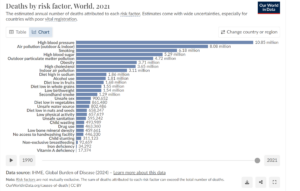
A few more research findings on Sulforaphane …
- Sulforaphane from broccoli and other cruciferous vegetables (kale, Brussels sprouts, cauliflower), activates a compound called Nrf2 in cells. Nrf2 stimulates the production of antioxidant and detoxification proteins, enhancing cellular defense against pollutants and toxins. (1.) (2.)
- Consuming cruciferous vegetables has been associated with reduced risks of several cancers, including non-Hodgkin’s lymphoma, lung, breast, stomach, and colorectal cancers. Studies show that higher intake of these vegetables correlates with lower incidences of these cancers.
- Research has shown that consuming sulforaphane-rich beverages aids in excreting toxins from air pollution through urine. Animal studies also indicate that sulforaphane can protect against pesticide damage.
So, Be Kind To Your Broccoli ! Go for light steaming your broccoli! Light steaming (about two minutes) retains most of sulforaphane’s benefits, while prolonged cooking significantly reduces its efficacy. Otherwise go to the organic store and get some broccoli sprouts or even better: start sprouting yourself!
